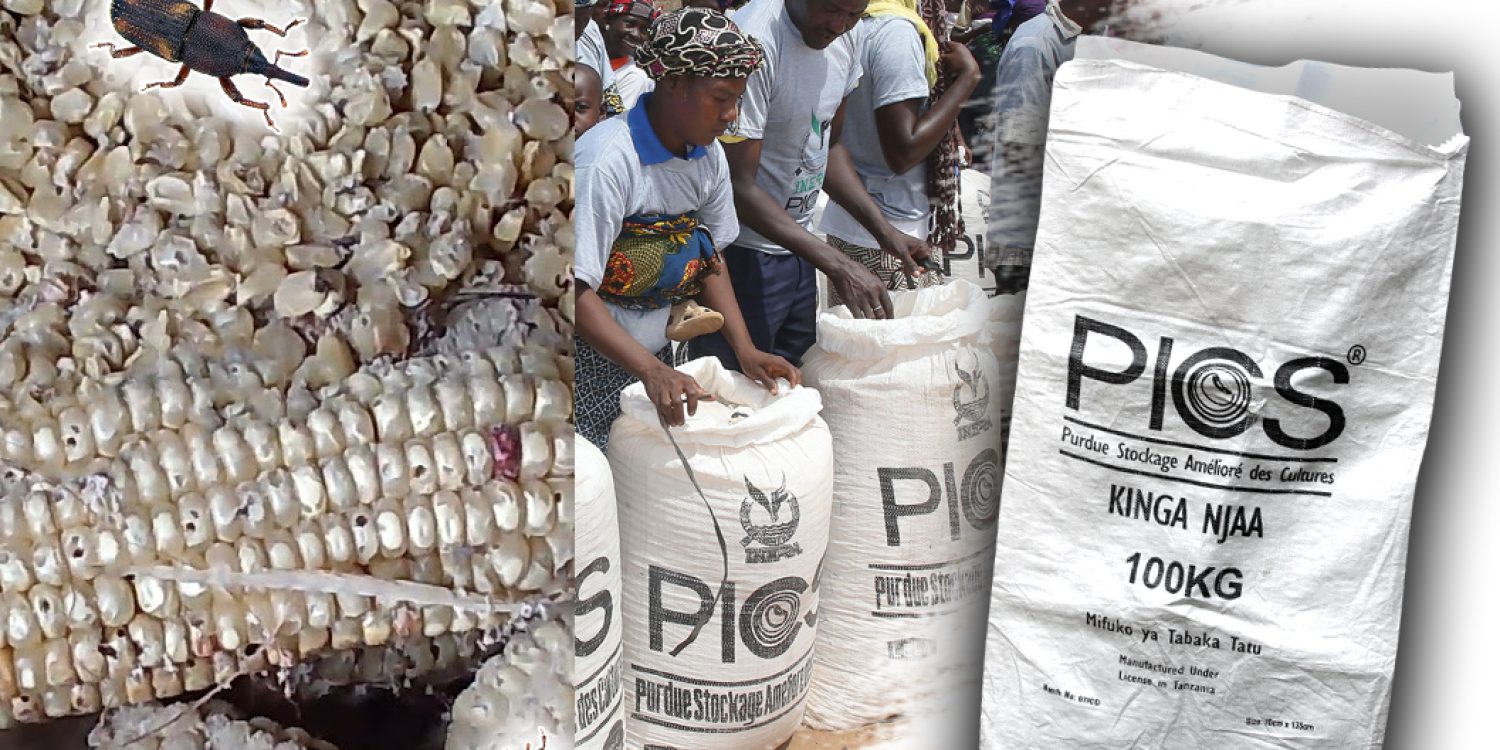Weevils, particularly species like the maize weevil (Sitophilus zeamais) and the rice weevil (Sitophilus oryzae), can cause significant damage to stored harvests. Here are some of the common damages:
- Grain Infestation: Weevils lay eggs inside cereal grains, and when the eggs hatch, the larvae feed on the inner contents of the grain. This damages the grain, reducing its quality and nutritional value.
- Reduced Grain Weight: Weevil infestations can lead to a decrease in the overall weight of the stored grains, affecting the yield and market value of the cereal harvest.
- Loss of Germination Potential: Weevil damage can affect the germination potential of grains, making them unsuitable for planting in subsequent seasons.
- Quality Degradation: The feeding activities of weevil larvae can result in the production of frass (insect faeces) and the growth of fungi, leading to a deterioration in the quality of stored grains.
- Contamination: Weevils introduce contaminants into stored grains through their bodily fluids, feces, and debris. This contamination makes the grains unpalatable and unsuitable for human or animal consumption.
- Spread of Infestation: Weevils can quickly multiply, leading to the rapid spread of infestations within stored grain stocks. This makes it challenging to control and contain the damage.
- Financial Loss: Farmers and storage facilities may experience significant financial losses due to reduced market value, increased costs of pest control, and the need for additional measures to salvage or replace damaged grain.
To prevent weevil damage, exercise proper storage practice by keeping your harvest in PICS Bags. These eliminate insecticide use and enable farmers to store and sell their crops at peak times, instead of selling at harvest when price is at the lowest. PICS technology also ensures farmers have enough supply of clean grain for home consumption for many years after harvest.









